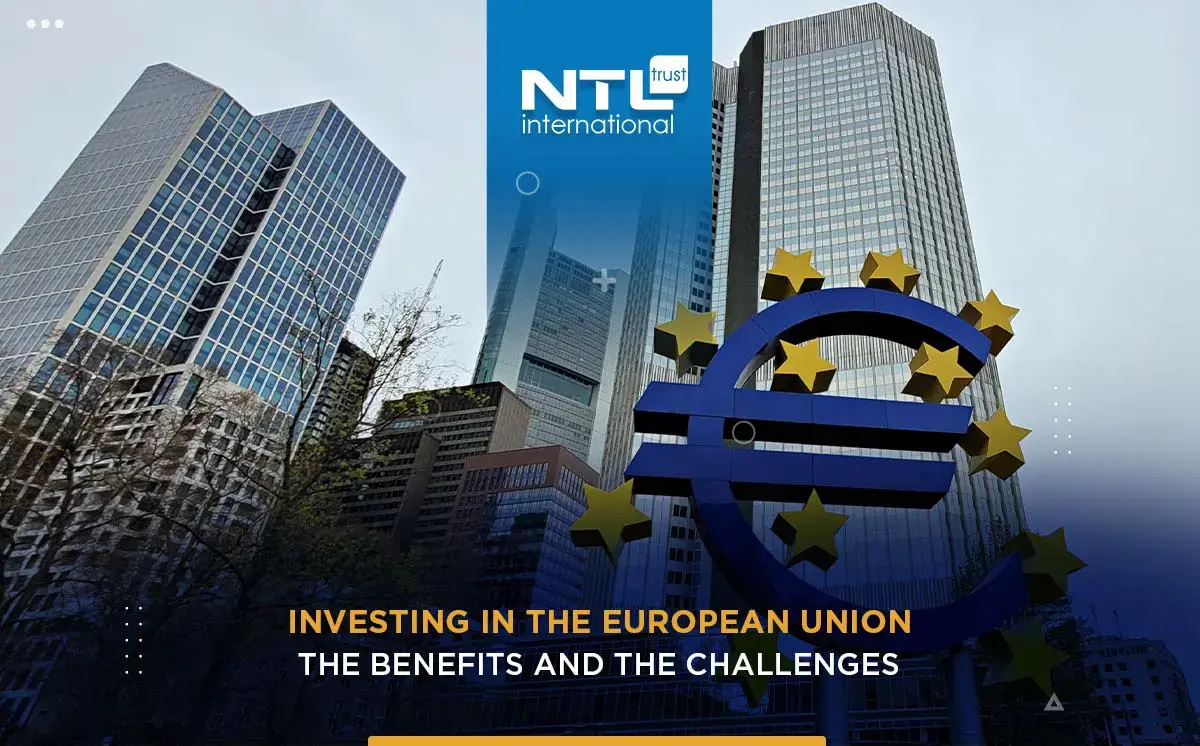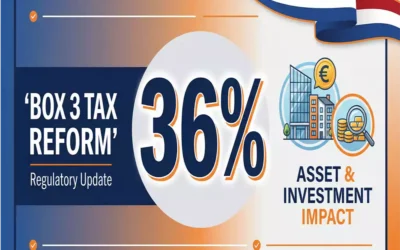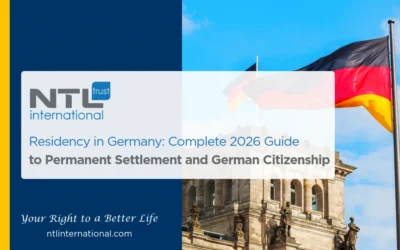
What is The European Union (EU)?
The European Union (EU) was founded in 1957 by six countries: Belgium, France, Germany, Italy, Luxembourg, and the Netherlands. Since then, it has expanded to include 27 member states, with a total population of over 450 million people.
The European Economic Area (EEA):
The EEA is a free trade area that includes all 27 EU member states, as well as Iceland, Liechtenstein, and Norway. This means that goods, services, capital, and people can move freely within the EEA without any restrictions.
Why invest in The European Union (EU)?
There are many reasons why the EU is an attractive destination for investors:
- Large market: The European Union (EU) has a single market of over 450 million people, making it one of the largest economies in the world.
- Strong economy: The EU has a strong and stable economy, with a GDP of over $17 trillion.
- Skilled workforce: The EU has a highly skilled and educated workforce, which can be a major asset for businesses.
- Advanced infrastructure: The European Union has a well-developed infrastructure, including roads, railways, airports, and ports.
- Stable political environment: The EU has a stable political environment, with a strong commitment to the rule of law.
- Access to other markets: Investing in the EU gives you access to other markets in Europe and beyond.
What are the investment opportunities in the EU?
There are many different investment opportunities available in the EU, including:
- Investing in companies: You can invest in start-ups or established companies in a variety of sectors.
- Investing in real estate: You can invest in residential or commercial real estate in different parts of the EU.
- Investing in infrastructure: You can invest in infrastructure projects such as roads, railways, and airports.
- Investing in funds: You can invest in funds that invest in a variety of assets across the EU.
What are the challenges of investing in the EU?
There are a few challenges that you may face when investing in the EU, including:
- Language barriers: There are many different languages spoken in the EU, which can make it difficult to communicate and do business.
- Cultural differences: There are many different cultures in the EU, which can make it difficult to adapt and integrate.
The European Union (EU) Member States:
- Austria
- Belgium
- Bulgaria (Citizenship by Investment)
- Croatia
- Cyprus ( Residency by investment)
- Czech Republic
- Denmark
- Estonia
- Finland
- France
- Germany ( Residency by investment)
- Greece ( Golden Visa)
- Hungary ( Golden Visa)
- Ireland
- Italy ( Residency by investment)
- Latvia
- Lithuania
- Luxembourg
- Malta (Citizenship by Investment)
- Netherlands
- Poland
- Portugal ( Golden Visa)
- Romania
- Slovakia
- Slovenia
- Spain ( Golden Visa)
- Sweden
General Facts about the EEA:
- Number of countries: 30
- Population: 500 million
- Area: 4.6 million sq km
- GDP: 17% of world GDP
Tips for investing in The European Union (EU):
- Do your research: Before you invest in the EU, it is important to do your research and understand the market.
- Get professional advice: It is advisable to seek professional advice from a lawyer or accountant who can help you navigate the EU’s complex regulations.
- Build relationships: Building relationships with businesses and individuals in the EU can help you to succeed.
The European Union (EU) is a dynamic and exciting place to invest and live. With its strong economy, skilled workforce, and stable political environment. To obtain an investment opportunity in one of the member states of the United Nations, you can contact our experts at NTL to offer you the most suitable Golden Visa program.
Netherlands Box 3 Reform: Structural Shifts and the 36% Tax
Spanish Tax Residency Solution
Nauru Citizenship 2026: Major Regulatory Updates
São Tomé and Príncipe Citizenship: Key Legal Verification Points Before Applying
Residency in Germany: Complete 2026 Guide to Permanent Settlement and German Citizenship
Residency in Germany landscape for 2026 offers structured routes to temporary residence, permanent settlement, and citizenship, including Section 21 business permits, the EU Blue Card, and the Opportunity Card. This guide explains eligibility logic, key requirements, and practical planning considerations under Germany’s modernized legal framework.





